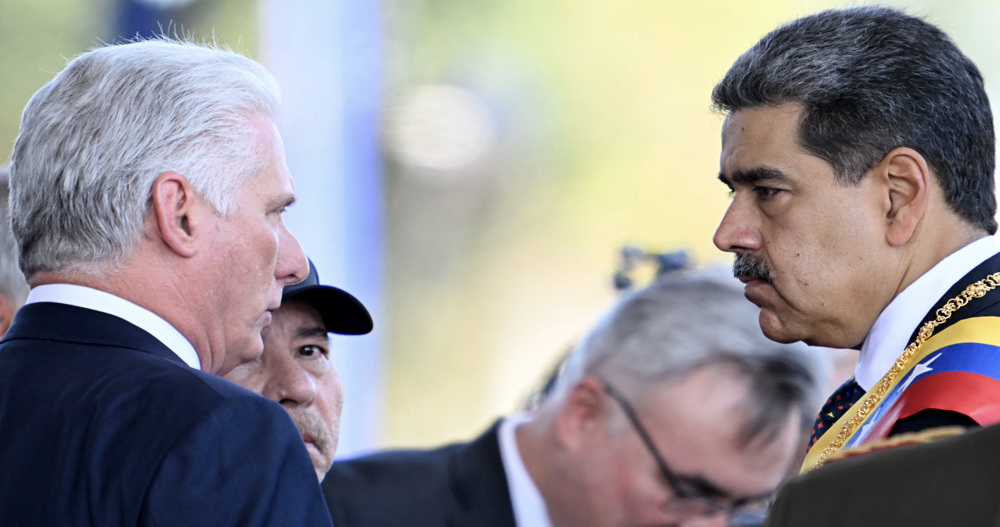US reiterates stance on Tibet region in China, Beijing cynical
The United States is reiterating its stance on the Chinese region of Tibet, saying that it will not support its independence from the Beijing government, a position that is considered duplicitous by China due to a meeting held between US President Barack Obama and anti-China Buddhist spiritual leader Dalai Lama.
"Tibet, per US policy, is considered part of the People's Republic of China, and the United States has not articulated our support for Tibetan independence," White House spokesman Josh Earnest told reporters in the briefing room on Wednesday.
"Both the Dalai Lama and President Obama value the importance of a constructive and productive relationship between the United States and China. All of those were policy positions of the United States before the meeting occurred. Our policy hasn't changed after the meeting."
His remarks followed the meeting held in the Map Room, instead of the Oval Office, apparently in a gesture to emphasize the personal nature of the talks.
According to Earnest, Obama has "warm personal feelings" towards the 80-year-old.
The White House spokesman further said the president thanked his fellow Nobel Peace Prize laureate for expression of condolences about the terrorist attack in Orlando over the weekend," which claimed some 50 lives.
The wrong signal

Washington’s efforts to trivialize Obama's fourth White House meeting with the Tibetan spiritual leader, failed to convince China of US commitment to its stance.
Chinese Foreign Ministry said earlier it had expressed "firm opposition" to US Embassy in Beijing over the meeting.
"We need to emphasize that the Tibetan issue is China's internal affairs and other countries do not have any right to interfere with this," spokesman Lu Kang said as cited by the Associated Press.
"The 14th Dalai Lama is not simply a religious figure but a political figure in exile who has been conducting secessionist activities internationally under the pretext of religion," noted the spokesman (pictured below). "If President Obama meets with Dalai Lama, it will send the wrong signal to Tibetan separatist forces, and it will undermine the mutual trust and cooperation between China and the US.

The Dalai Lama fled a failed uprising in Tibet in 1959 and retired from politics in 2011. However, he maintains that he seeks only greater autonomy for Tibetan areas in China. Beijing regards Tibet as an integral part of its territory.
China further urged the US to "stick by its promise of recognizing Tibet as part of China, and not support Tibetan independence or any separatist activities."
Beijing has for long opposed the Dalai Lama’s meeting with different heads of states as well as his visit to other countries that depend on China for investment.
The exiled leader has been accused of supporting use of violence to set up an independent state in the Himalayan region.
The spiritual leader has been blamed for plotting against China with the help of the US. From the late 1950s until 1974, the Dalai Lama received $180,000 from the CIA each year.
Hamas thanks Iran, Resistance Front following achievement of ceasefire in Gaza
'Capitulation': Israeli officials and media concede Gaza defeat as truce unfolds
'Gaza has won': Social media users react to ceasefire with mix of relief, joy
Iran seeks South Korea’s assistance for AI, fiber-optic projects
VIDEO | Iran's 'Eqtedar' (Power) maneuver
Israel hits HTS military target in Syria for 1st time since fall of Assad
VIDEO | Press TV's news headlines
Israel has slaughtered 13,000 students in Gaza, West Bank










 This makes it easy to access the Press TV website
This makes it easy to access the Press TV website